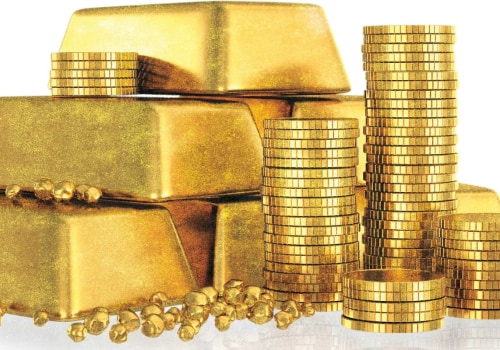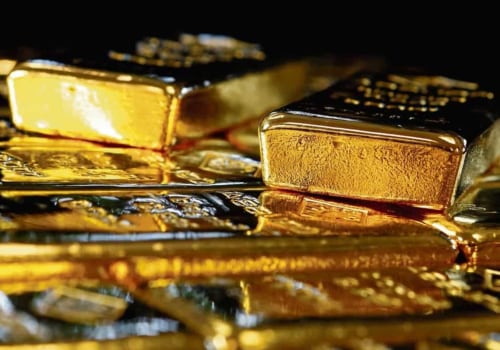Investing in precious metals has some benefits over investing in stocks, such as being a protection against inflation, having an intrinsic value, having no credit risk, a high level of liquidity, bringing diversity to a portfolio and ease of purchase. Gold is the best known and most investable precious metal. It is unique for its durability (does not corrode), modeling ability and ability to conduct heat and electricity. While it has some industrial uses in dentistry and electronics, it is mainly used to make jewelry or as a form of currency.
It has long been a store of value. Therefore, investors seek it in times of economic or political turbulence and as protection against rising inflation. When investing in something, you should consider whether you will get a good return on your investment. Unfortunately, depending on the assets you have, it can be difficult to sell at some point, especially when you have multiple properties in your portfolio.
One of the main advantages of investing in precious metals such as gold and silver is high liquidity. Unlike other forms of investment that can take time to sell, there are always eager buyers when it comes to precious metals. In addition, you can get a reasonable price of metals today. Physical precious metals are unregulated products.
Precious metals are speculative investments that can experience price volatility in the short and long term. The value of investments in precious metals may fluctuate and may be appreciated or decreased depending on market conditions. If you sell in a declining market, the price you receive may be lower than your original investment. Unlike bonds and stocks, precious metals do not make interest or dividend payments.
Therefore, precious metals may not be appropriate for investors who require current income. Precious metals are raw materials that must be safely stored, which may impose additional costs on the investor. The Securities Investor Protection Corporation (SIPC) provides some protection for clients' cash and securities in the event of bankruptcy of a brokerage company, other financial difficulties or if clients' assets are missing. SIPC insurance does not apply to precious metals or other commodities.
Precious metals have proven time and again to be an extremely powerful and effective hedge against economic calamities. Gold has no counterparty liability and, as an asset, can be held by a person who is debt-free, with transparent prices on world exchanges and with high liquidity. Precious metals, unlike other types of investment, can be changed quickly and easily in case an investor needs cash. The most prominent bullion ETFs do not allow the average investor to receive physical delivery of the underlying metal; this flexibility is reserved only for a limited number of Authorized Participants (mostly bullion banks) selected by the ETF to support the creation of new units.
When you have a supply of gold on hand, it is an advantage that there is an inflationary spike in which everyone is eager to buy the metal. ETFs that have precious metals are subject to the same tax treatment as ownership of precious metals, coins or bars. In addition, gold and silver are not subject to any governmental influence, allowing these precious metals to maintain their value. Investors, consider closed-end funds that are classified as PFICs because of their potentially favorable tax advantages compared to direct ownership of metals or precious metals ETFs.
Investors should carefully consider whether they want to invest in precious metals and, if they do, fully understand the risks associated with the investment they choose. The safety of metal and the safety of you and your loved ones should also be part of the decision process. Just consider investing in precious metals that are fully allocated, providing assurance that metals are not taxed in any way and that property claims do not exceed the value of the underlying metal. This is also when newer investors begin to consider precious metals as a possible addition to their portfolio.
Because they hold their value over time and because they are tangible assets, physical metals can be a perfect asset to pass on to your heirs. While it is rare and very valuable for those purposes, investors do not place as much emphasis on palladium as on other precious metals. . .




Leave a Comment